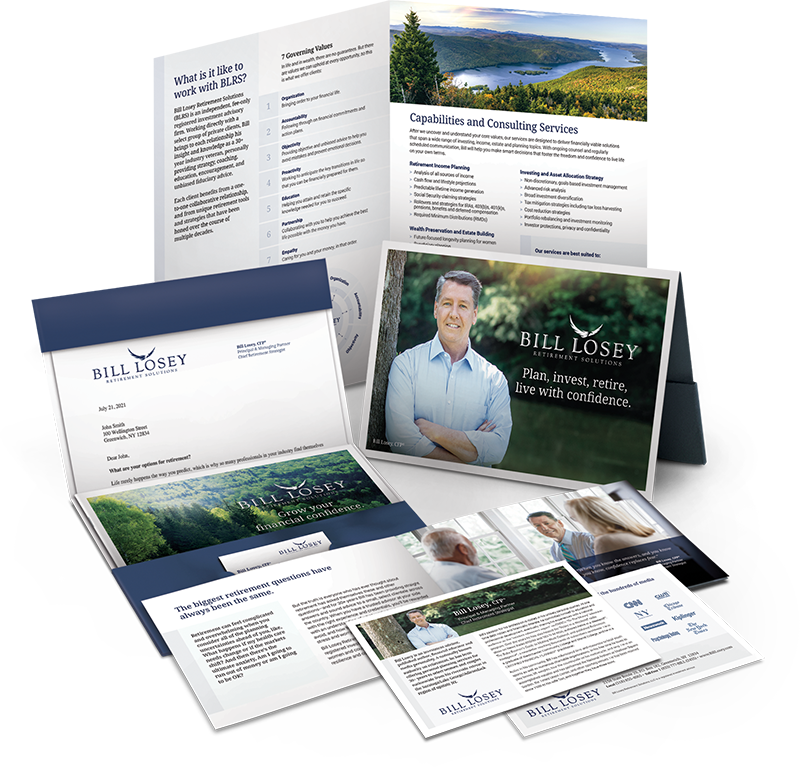TAX ALERT: PLAN TO TAKE ADVANTAGE OF 2010
Do you see a warning light flashing? Americans with high net worth and high incomes are preparing for the likelihood of higher taxes in 2011 and subsequent years. High earners are almost certainly going to take the hit if the EGTRRA and JGTRRA cuts fade away at the end of 2010. Here’s a summary of what’s happening – and a look at what might happen. There are some developments you will want to remember, and some tax breaks you might very well want to exploit.
No phaseouts on itemized deductions and personal exemptions in 2010. This may provide you with an opportunity for some notable tax savings. Historically, high-income taxpayers have been subject to a reduction in the value of itemized deductions and personal exemptions. That has gradually decreased in this decade. In 2010, the phaseouts are gone entirely. In 2011, they are poised to return.
As IRS standard deduction and personal exemption amounts are indexed to inflation, you’ll see very little change there for 2010. The standard deduction for heads of household will rise by $50 to $8,400 for the 2010 tax year. Other standard deductions will stay put, and the personal exemption amount will remain at $3,650 for 2010.
Lower long-term capital gains rates through 2010. Unless Congress decides to extend these Bush-era cuts, capital gains tax rates will revert to pre-2003 levels in 2011. For 2010, the long-term capital gains rate for those in the 10% and 15% tax brackets is 0%. In 2011, it is set to go to 10%. If you fall into the 25%, 28%, 33% or 35% tax brackets, the capital gains rate is 15% in 2010 and 20% in 2011.
The Tax Extenders Act of 2009. The House passed this legislation on December 9, and the Senate is likely to follow suit. The final version of this bill would likely extend the additional standard deduction for real property taxes, the deduction for state and local sales tax, and deductions for tuition/education expenses and teachers’ classroom expenses into 2010.
The estate tax. 0% estate taxes in 2010? That was the plan … but the reality is that estate taxes are likely to remain at current levels in 2010 with some retroactive lawmaking. In early December, the House voted to restore the estate tax for 2010; a week later, the Senate voted against temporarily extending 2009 estate tax levels into the coming year. The Senate will almost certainly take up the issue again in January. However, to prevent a complete repeal of the estate tax next year, any new legislation is expected to contain a retroactive provision. So instead of taking effect upon passage, any new estate tax law would likely be made retroactive to January 1, 2010.
The AMT. You know how it works – Congress comes up with another AMT patch at the stroke of midnight and middle-class taxpayers are saved once more. Well, just to make things interesting, the Tax Extenders Act of 2009 doesn’t include an AMT patch for 2010. Many tax professionals think the 2010 patch issue will be addressed early next year, with the patch for the 2010 tax year made retroactive.
How will marginal tax rates rise in 2011? Does anyone think taxes won’t increase in the near future? At present, the marginal tax rates are 10%, 15%, 25%, 28%, 33% and 35%. If Congress doesn’t act by the end of 2010, the tax brackets will reset to 15%, 28%, 31%, 36% and 39.6%. By the way, President Obama and some Democrats have proposed future tax brackets of 10%, 15%, 25%, 28%, 36% and 39.6% for 2011 (that is, only the highest two brackets would revert to pre-EGGTRA levels).
A healthcare surtax? If the healthcare reforms pass in 2010, taxpayers in the highest brackets might pay even more to the IRS. For example, the legislation that the House passed would require couples with MAGI of $1,000,000 or more or individuals with MAGI of $500,000 or more to pay an additional 5.4% surtax.
And finally, a dilemma for Congress. Congress would like to extend the Bush-era tax cuts further to protect lower-income and middle-income taxpayers. However, some analysts say it would cost the federal government more than $1 trillion over the next decade to do so.
Have you talked to your tax advisor lately? If you have, good for you. If you haven’t, do so now. Prepare for change, and plan to take advantage of extended and potentially expiring tax breaks.


